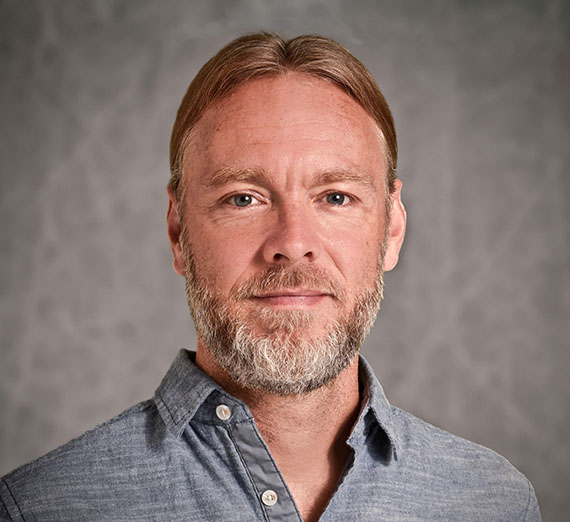Event Details
Date & Time
Thursday, Apr 13, 2023 12:00 PM - 1:00 PM
Event Link
Cost
Free
About This Event
Do-It-Yourself Water Treatment: from Burmese Slums to Amazonian Ecuador
Intended for a general audience
Humans’ need for water that is safe, healthy, and pleasant to drink is universal.
In this context, safe refers to water that is free from microbiological pathogens that cause acute illnesses like diarrhea. Healthy refers to water that is free from chemical toxicants, such as pesticides or heavy metals, that cause chronic diseases like cancer when the water is consumed over long time periods. And pleasant refers to water that is free from unappealing taste, odor, and appearance.
In affluent areas, specialized water treatment engineers operate large technologically sophisticated centralized infrastructure – municipal drinking water treatment plants – to provide customers with ample drinking water. But what about areas that are remote and sparsely populated, or densely populated by very poor people but lack critical water infrastructure such as slums in so-called developing countries?
Fortunately, inexpensive, common and widely available materials can be configured for water treatment at the household to village scale. With a little know-how and skills training, individuals, families, and communities can design and construct their own decentralized water treatment systems using local materials and common hand tools.
In this talk, Dr. Kearns will draw on nearly twenty years’ experience working on decentralized, DIY (Do It Yourself) water supply and treatment in locales as diverse as rural farm communities in Thailand, Sri Lanka, and China, refugee and displaced persons’ encampments and industrial slums in Burma, high desert villages in central Mexico, and indigenous communities in Amazonian Ecuador.
The talk will illustrate how science and engineering knowledge developed primarily in and for technologically advanced circumstances and economically affluent populations can be adapted for remote, diverse, challenging, austere, unstable, and low-resource contexts.
A major focus will be on the development of biochar – a charcoal-like material made from local surplus biomass – for removal of chemical water pollutants. As a case study, biochar water treatment illustrates a unique iterative and participatory research and design process that leverages traditional knowledge and skills along with advanced laboratory methods and data analysis to produce innovations that are simultaneously artisanal and state-of-the-art.
In this talk Dr. Kearns will highlight examples and lessons learned from integrated field and laboratory research designing, implementing, and monitoring decentralized water supply and treatment systems that provide pleasant, safe, and healthy drinking water in a diverse array of challenging and resource-constrained settings.
About Dr. Josh Kearns
Dr. Kearns is the founder and Director of Science of Aqueous Solutions, a nonprofit environmental and water-sanitation-hygiene (WASH) consulting firm based in Thailand and the US. He is also Chief Technical Advisor for the Mexican water and health nonprofit Caminos de Agua.
Through filed and laboratory research Dr. Kearns pioneered the development and application of biochar in water treatment applications and is widely recognized as a global leader in this field. He has co-authored numerous peer-reviewed publications on sorption process in low-cost water/wastewater treatment and environmental remediation, and is currently writing a book for practitioners entitled A Field Guide to Biochar Water Treatment. Dr. Kearns is also responsible for raising critical awareness of chemical pollutants in the overall provision of safe drinking water in the professional sector of WASH development.Dr. Kearns has a passion for translating scholarly research into actionable approaches and best practices for implementing low-cost water treatment in challenging, remote, and resource-constrained settings. His open-access instructional manuals have been translated into several languages, and treatment systems based on his designs have been implemented all over the world. He is an enthusiastic proponent of “citizen science” for empowering communities through data collection and analysis as well as participatory treatment system design, operation, and monitoring.
He holds a BS in Chemistry with a minor in Environmental Engineering from Clemson University (2000), an MS in Environmental Biogeochemistry from UC-Berkeley (2005), and a PhD in Environmental Engineering from the University of Colorado-Boulder (2016). He served as an Assistant Professor of Environmental Engineering at North Carolina State University from 2018-2020.
He lives with his wife and infant son and their many critters on a small regenerative agroecology farm in the mountains of western North Carolina.

